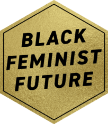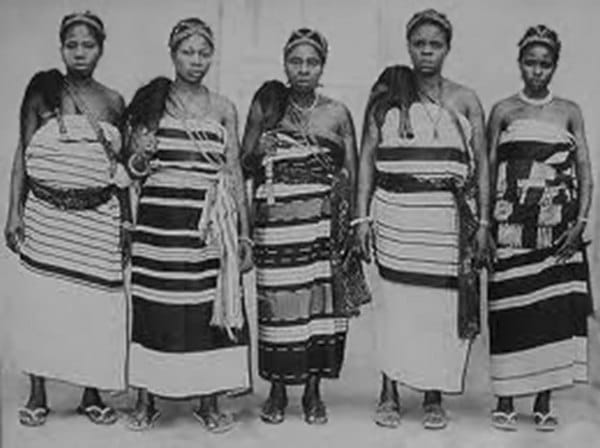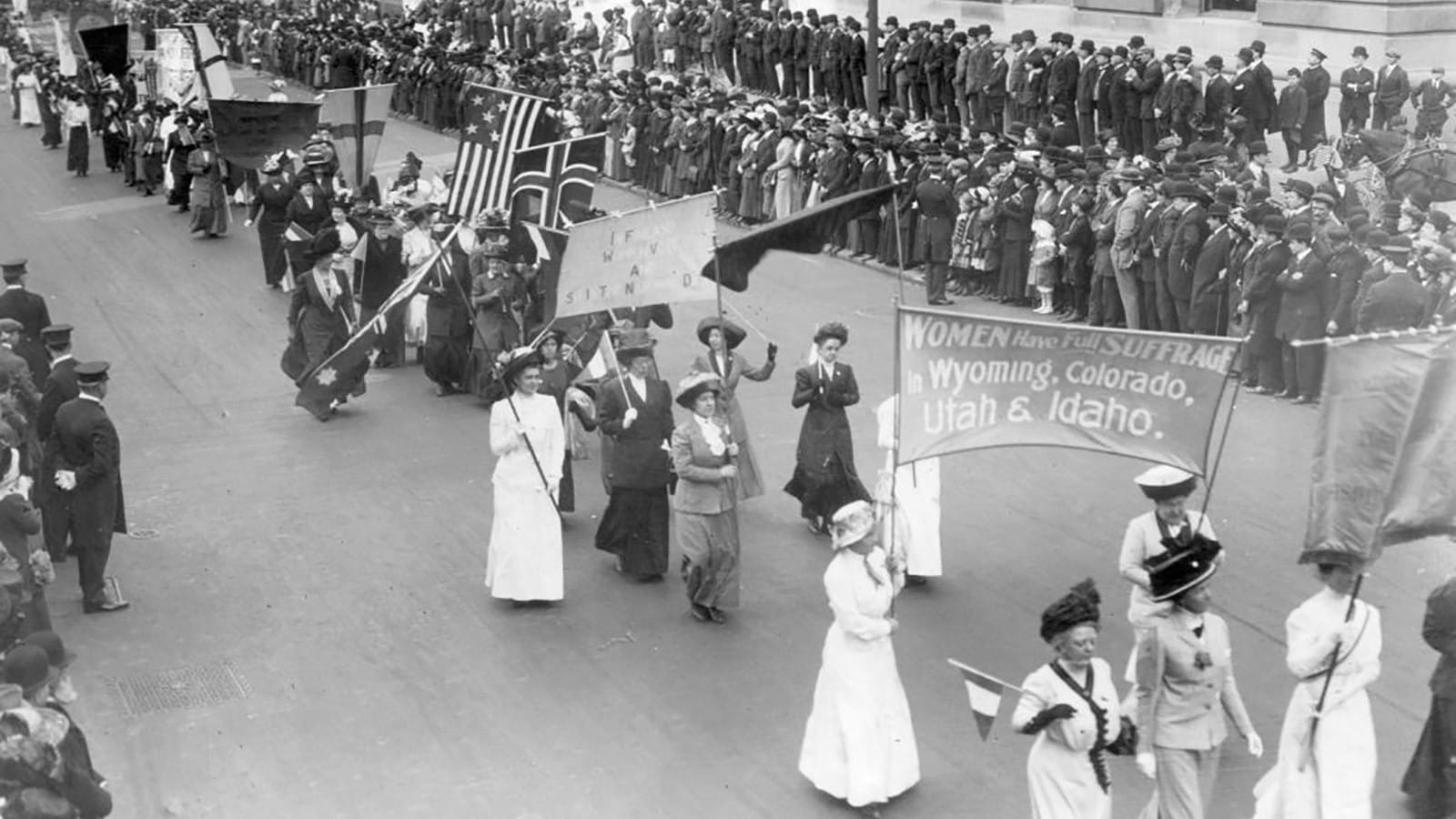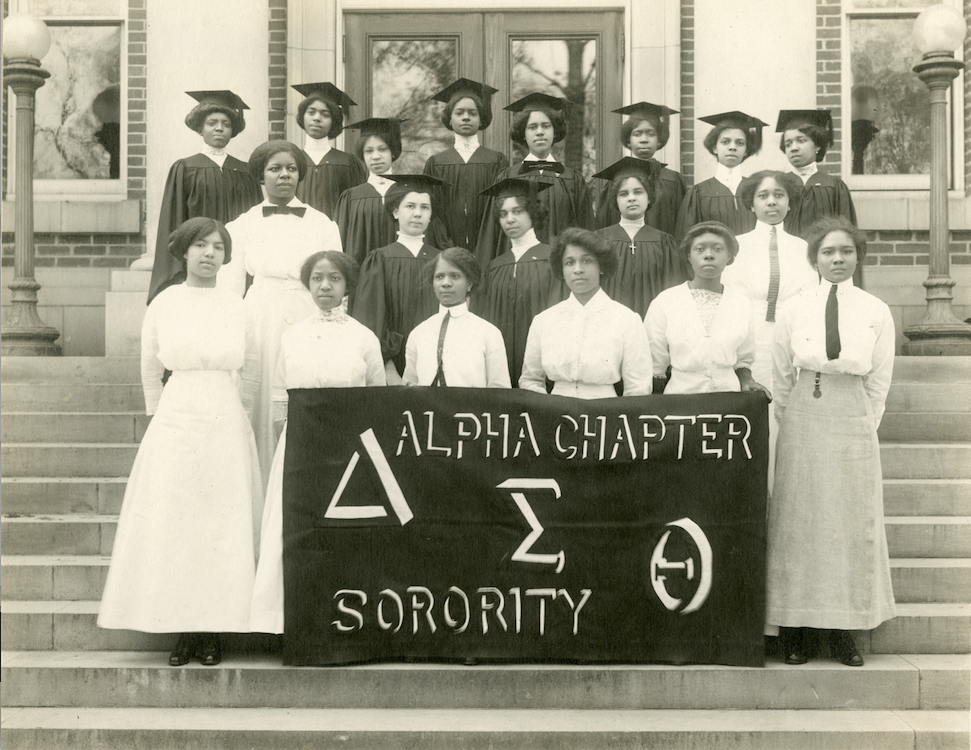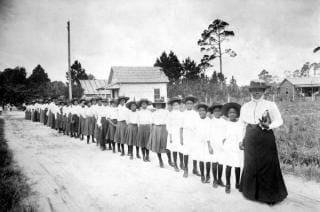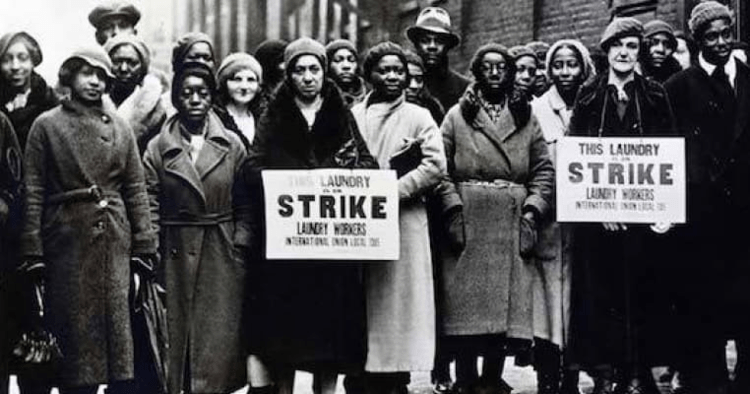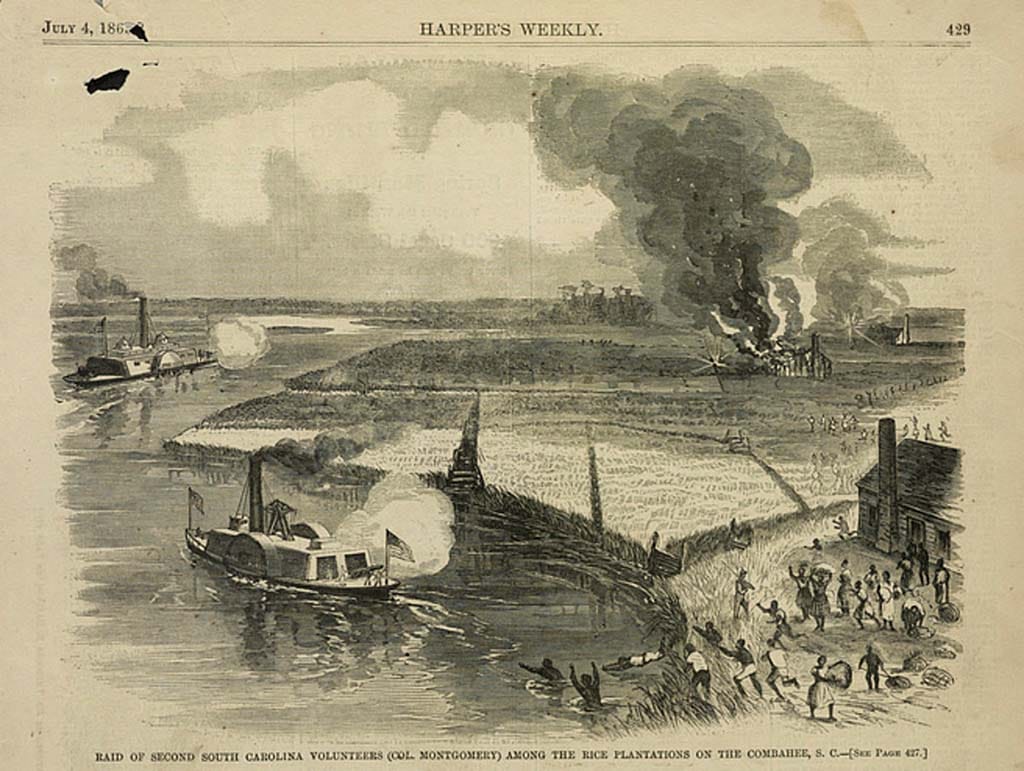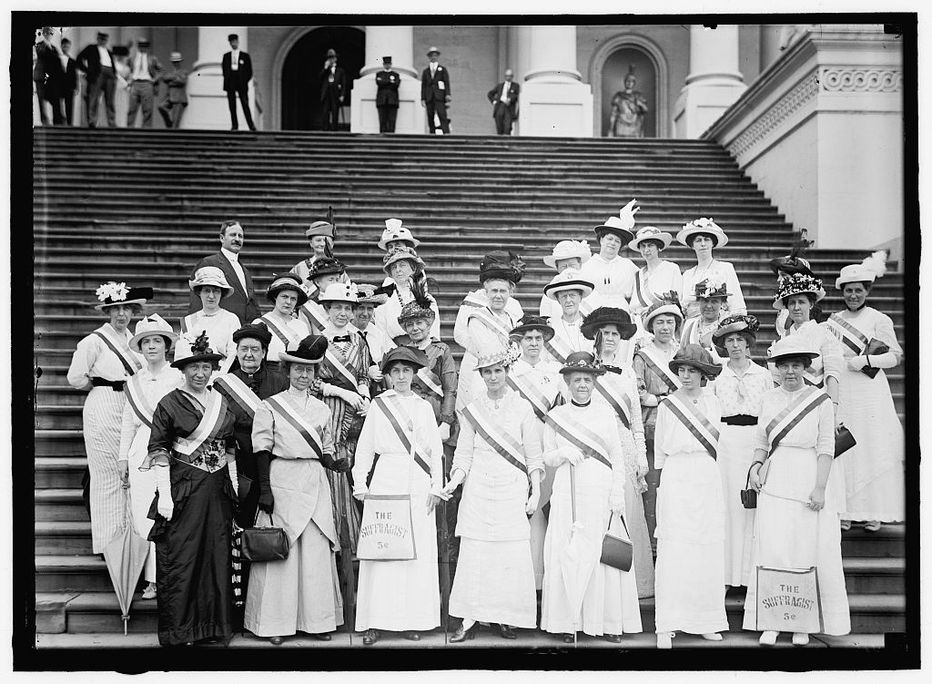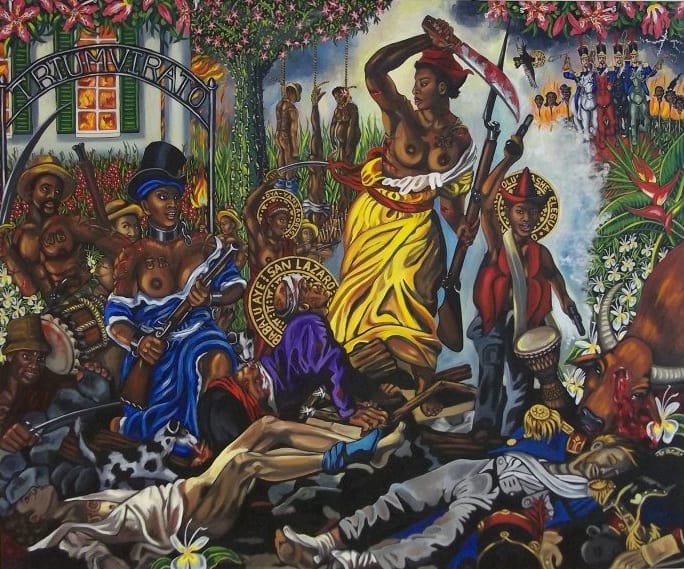In 1929, rural Igbo women organized the Igbo Women’s Rebellion/War, referred to as Ogu Umunwanyi in Igbo and as the Aba Women’s Riots by the British Colonial Authority, to protest direct taxation and the introduction of new local courts including warrant chiefs. The rebellion, which began in Oloko, Nigeria, mobilized tens of thousands of women and spread 6,000 square miles, making it one of the biggest protests against the British Empire in colonial history.
Category: Action Points
Woman Suffrage March
The Woman Suffrage Parade/March of 1913, officially called the Woman Suffrage Procession, was the first suffragist parade in Washington, D.C. It is regarded as the first march on Washington for political purposes. In order to cover costs, the organizers of the march raised $15,000 (approximately $360,000 today) to support transportation, housing, and other needs of participants.
Delta Sigma Theta Sorority, Inc. Marches During Woman Suffrage March
Black women’s involvement with the suffrage movement has been so heavily invisibilized that it is almost impossible to find images documenting their participation. One photograph that we do have, however, is of Black women who were founding members of Delta Sigma Theta Sorority, Inc. and students at Howard University attending the Woman Suffrage March. It is said that participating in the 1913 Suffrage March was the Deltas’ first political act. Even though some of the most prominent suffragettes opposed their participation, the Deltas marched in solidarity with white women, although it would take them much longer to have their own rights actualized.
Literary and Industrial Training School for Negro Girls in Daytona
In October 1904, Mary McLeod Bethune founded the Literary and Industrial Training School for Negro Girls in Daytona, with only $1.50. While she initially had only six students, within a year McLeod was teaching more than 30 girls at the school. Over the years, the training institute evolved into a high school and then into a college, making Bethune the only woman founder of a historically Black college/university (HBCU).
Atlanta Washerwomen Strike
In the summer of 1881, Black women laundresses formed a trade organization named the Washing Society to demand better pay, recognition, and agency over how their work was organized. Within three weeks, the Washing Society grew its membership from 20 participants to 3,000. The strike was successful, as the city conceded and agreed that Black women laundresses should have higher wages and greater autonomy over their work.
Combahee River Raid
In 1863, Harriet Tubman planned the Combahee River Raid alongside abolitionist Colonel James Montgomery. The goal of the raid was to free enslaved people, recruit people into the Union Army, and destroy rice plantations. The raid was a success; on June 2, 1863, Harriet Tubman led 150 black Union soldiers in the Combahee River Raid, which resulted in the liberation of more than 700 enslaved people.
The Seneca Falls Convention
The Seneca Falls Convention was the first women’s-rights convention in the United States. Held in July 1848 in Seneca Falls, New York, and attended by 300 people despite the lack of publicity, the meeting launched the women’s suffrage movement.
Carlota Lucumi
Carlota Lucumi (d. 1844) was a Black woman who helped lead enslaved people in a rebellion that occurred in Mantanzas, Cuba. Firmina, another enslaved woman, helped Lucumi plan the rebellion until she was found distributing information; she was consequently beaten and incarcerated. In Firmina’s absence, Lucumi used music to communicate with people about the rebellion. Her first act in the two-day rebellion was to free Firmina and a dozen other enslaved people. Throughout the rebellion, Lucumi and her followers killed as many white people as they could and destroyed five sugar plantations, as well as a number of coffee and cattle estates. Following the rebellion, Lucumi and Firmina were captured and executed.
